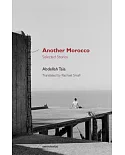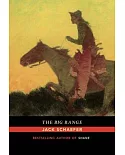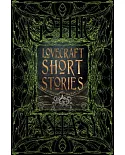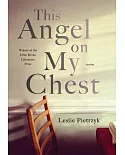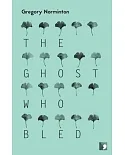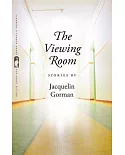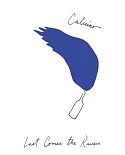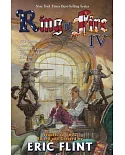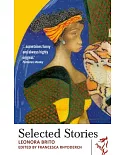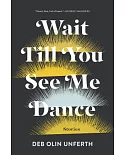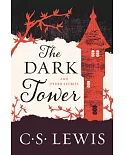Heart of Darkness and Selected Short Fiction, by
Joseph Conrad, is part of the
Barnes & Noble Classics series, which offers quality editions at affordable
prices to the student and the general reader, including new scholarship, thoughtful design, and pages of carefully crafted extras. Here are some of the remarkable features of
Barnes
& Noble Classics:
New introductions commissioned from today's top writers and scholars Biographies of the authors Chronologies of contemporary historical, biographical, and cultural events Footnotes and
endnotes Selective discussions of imitations, parodies, poems, books, plays, paintings, operas, statuary, and films inspired by the work Comments by other famous authors Study questions
to challenge the reader's viewpoints and expectations Bibliographies for further reading Indices & Glossaries, when appropriateAll editions are beautifully designed and are printed to
superior specifications; some include illustrations of historical interest. Barnes & Noble Classics pulls together a constellation of influences—biographical, historical, and
literary—to enrich each reader's understanding of these enduring works.
One of the most haunting stories ever written,
Joseph Conrad’s
Heart of Darkness follows Marlow, a riverboat captain, on a voyage into the African Congo at the height of
European colonialism. Astounded by the brutal depravity he witnesses, Marlow becomes obsessed with meeting Kurtz, a famously idealistic and able man stationed farther along the river. What he
finally discovers, however, is a horror beyond imagining. Heart of Darkness is widely regarded as a masterpiece for its vivid study of human nature and the greed and ruthlessness of
imperialism.
This collection also includes three of Conrad’s finest short stories: “Youth,” the author’s largely autobiographical tale of a young man’s ill-fated sea voyage, in which Marlow makes his
first appearance, “The Secret Sharer,” and “Amy Forster.”
Features a map of the Congo Free State.
A. Michael Matin is a professor in the English Department of Warren Wilson College in Asheville, North Carolina. He has published articles on various twentieth-century British and
postcolonial writers.


